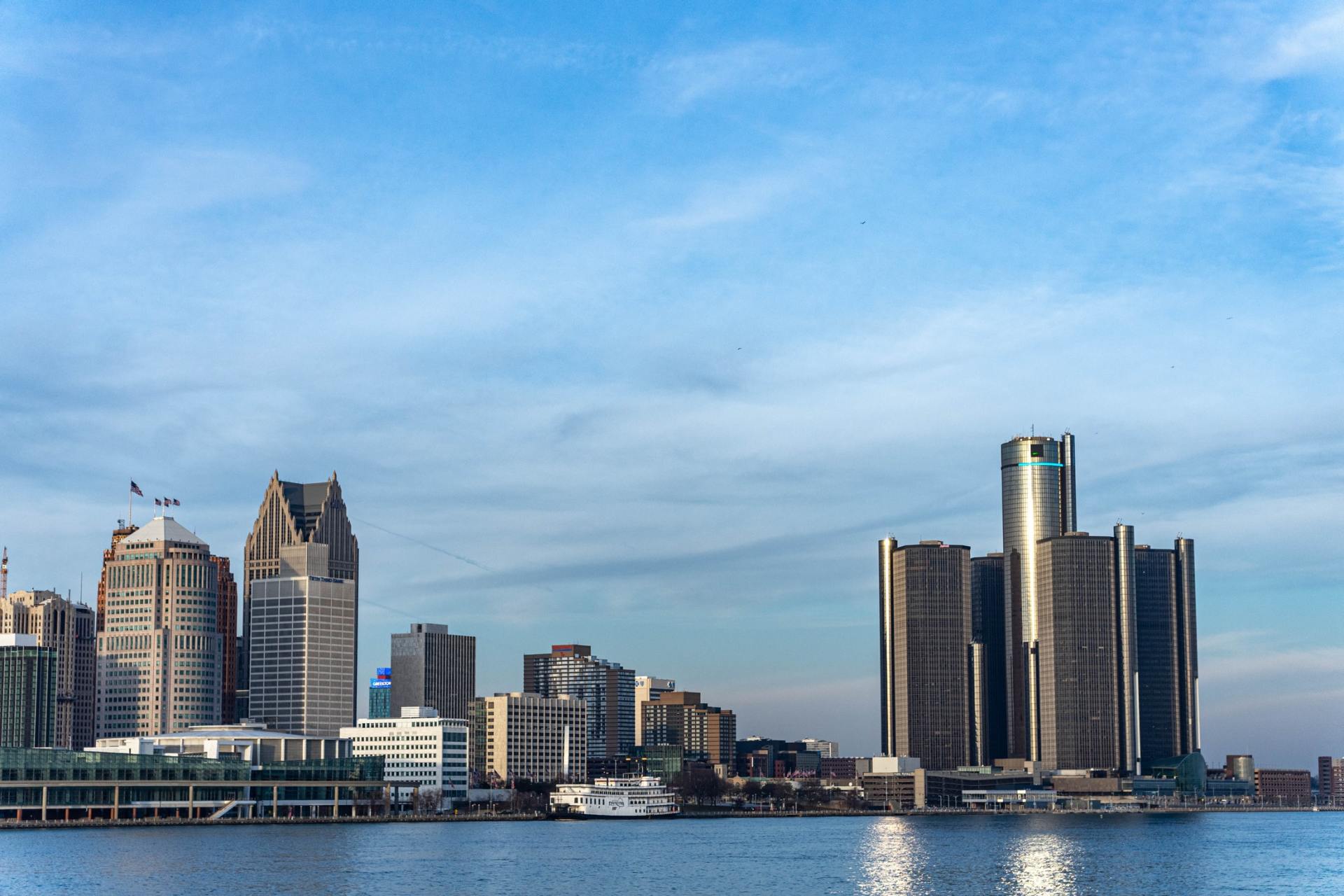Blog Layout
Michigan Adult-Use Cannabis 2020 Market Update
Last Updated on Feb 5, 2020
The Michigan Department of Licensing and Regulatory Affairs’ (LARA) Marijuana Regulatory Agency (MRA) regulates the state’s medical and adult-use marijuana facilities and licensees, including growers, processors, transporters, provisioning centers, and safety compliance facilities. For the first two years of the adult-use program, until November 2021, only existing medical cannabis operators
can apply for a recreational license according to the Medical Marijuana Licensing Facilities Act (MMLF) and under the established emergency rules, which are in effect until July 3, 2020. For Class A Cultivators and Microbusinesses, there is no medical license restriction, but owners will need to be Michigan residents for the first two years of the program. Michigan Officials will have the option to remove these requirements in November 2020 if they deem it necessary.
Michigan has not placed caps on the number of adult-use licenses available, but as previously mentioned, they did grant individual municipalities the ability to opt-out of the industry. As a result, approximately 80%
of Michigan’s cities and towns in counties across the state have chosen to prohibit adult-use retailers, with only 42 licensed recreational cannabis businesses
as of February 3, 2020. Comparatively, there are just over 200 medical provision centers in the state. Michigan’s largest county, Wayne County (composed of 34 communities including Detroit), has imposed bans on adult-use cannabis businesses, leaving only two adult-use retailers approved and only one operational due to state-wide supply shortages. Here is a working list
of cities and towns that have fully or partially opted in, organized by county and operation type allowed.
Municipalities that have opted in are allowed to regulate or limit the number of marijuana businesses in the community. Specifically, municipalities are authorized to:
- Establish restrictions on public signs related to marijuana establishments.
- Regulate the operating hours of marijuana establishments.
- Allow the sale or consumption of marijuana in designated areas that are not accessible to persons under 21 years of age, or at special events in limited areas and for a limited time.
- Designate penalties for violations of ordinances, provided that such violation is a civil infraction, and such penalty is a civil fine of not more than $500.
Although the roll-out of Michigan’s adult-use program is limited to existing medical facilities and residents, this means there are significant opportunities
for these groups. First of all, there will be less competition and more time to establish strong brand recognition and to build a substantial customer base. Additionally, there are no capitalization requirements for adult-use licenses, fewer financial documents required, and fees are significantly lower than they were for initial medical licensure. Entrepreneurs looking to get in on the state’s recreational market can apply for an adult-use testing license
(Safety Compliance Facility) without the requirement of being a Michigan resident or holding a medical license. They will, however, need to apply for a medical license to be eligible to apply for any other adult-use licenses. Each license type outlined below
is required to submit a social equity plan, renew their license annually (with associated fees) and pay the $6,000
application fee.
Adult-Use Cannabis License Types:
Cultivators
- Class A “microgrower” allows for the cultivation of up to 100 marijuana plants (must be a Michigan resident). Initial licensing fee: $4,000
- Class B license will allow for the cultivation of up to 500 plants (must also hold a medical grow license). Initial licensing fee: $8,000
- Class C license will allow for the cultivation of up to 2,000 plants (must also hold a medical grow license. Initial licensing fee: $40,000
- Excess Grower– For companies with at least two medical marijuana grow licenses and up to five Class C recreational licenses that want to operate on a large scale in the recreational market. Initial licensing fee: $40,000
Processors
- Must also hold a medical processing license.
- Initial licensing fee: $40,000
Safety Compliance Facility
- No medical marijuana licensing or residency requirements
- Initial licensing fee: $25,000
Secure transporters
- Must also hold a medical secure transporter license.
- Initial licensing fee: $25,000
Retail stores
- Must also hold a medical retail license.
- Initial licensing fee: $25,000
Microbusinesses
- Licensed to cultivate up to 150 marijuana plants and process, package, and sell directly to consumers.
- No entity will be allowed to hold more than five grower licenses of any type at the same time. The department may issue a rule after January 1, 2023, lifting this restriction.
- Initial licensing fee: $8,000
- Must be a Michigan resident
Recommended Articles
C O N N E C T W I T H U S
A.
1001 BANNOCK STREET, SUITE 419
DENVER, CO 80204
C O M P A N Y
R E S O U R C E S
S E R V I C E S
©2024 3C Consulting, LLC™. All Rights Reserved. Terms of Use | Privacy Policy
D I S C L A I M E R
3C does not purport to and does not, in any fashion, provide tax, accounting, actuarial, record-keeping, legal, broker/dealer or any related services. Investments involve inherent risks. There is no guarantee that provided strategies, tactics and methods will produce a return. 3C will never share your email address and ensure that all information is kept completely confidential.
No material on this site is intended to be a substitute for professional medical advice, diagnosis, or treatment. Always seek the advice of your physician or qualified health provider with any questions you may have regarding a medical condition and before undertaking a new health care regimen. Never disregard professional medical advice or delay in seeking it because of something you have read on this Website.




